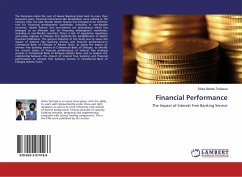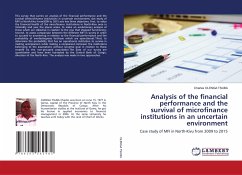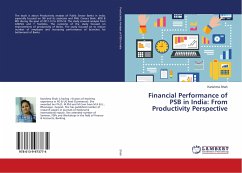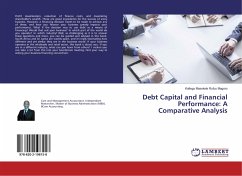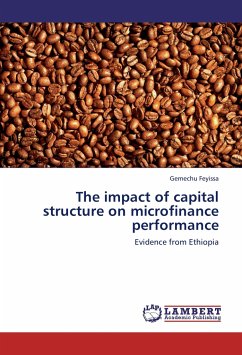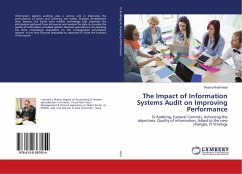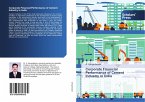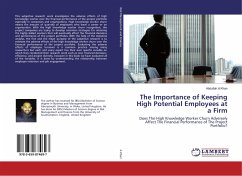The historians claims the root of Islamic Banking dates back to more than thousand years. Financial instruments like Mudarabah were utilized in 7th Century. Over the past decade Islamic finance has emerged as an effective tool for financing development worldwide, including in non-Muslim countries. Islamic finance and non-interest are synonymous which has emerged as an effective tool for financing development worldwide, including in non-Muslim countries. There is lack of supportive regulatory and policy regimes in Ethiopia that facilitate the establishment of Islamic financial institutions. The general objective of the study was to assess the impact of interest free banking services and financial performance in Commercial Bank of Ethiopia in Adama Town; to assess the impact of interest free banking services in Commercial Bank of Ethiopia, to identify the current status of financial performance of interest free banking services in Commercial Bank of Ethiopia Adama Town and to analyze the relationship between the impact of interest free banking and financial performance of interest free banking services in Commercial Bank of Ethiopia Adama Town.
Bitte wählen Sie Ihr Anliegen aus.
Rechnungen
Retourenschein anfordern
Bestellstatus
Storno

